Destination 2024: Decoding the Upcoming Waves of Innovation in AI
Introduction
As we approach 2024, Artificial Intelligence (AI) expectations reach new heights. This year emerges as a pivotal point at the intersection of technology and our daily lives, signifying technological advancements and a fundamental redefinition of our relationship with AI. In this article, we will delve into the key innovations expected in 2024 and how these are shaping a future where AI is not just a tool but a companion redefining our reality.
Evolution of AI: From GPT-3 to GPT-4 and Beyond
The journey from GPT-3 to the eagerly awaited arrival of GPT-4 represents more than a mere technical upgrade. It is a revelation that redefines how we interact with AI. GPT-4's ability to comprehend and generate texts of unprecedented complexity and context immerses us in a new era where AI becomes not just a tool but an intelligent collaborative agent.
The quantum leap in GPT-4's information processing capability reflects a shift towards deeper coexistence between humans and machines. What once seemed like science fiction is now an everyday reality: engaging in profound and meaningful conversations with a machine. This advancement impacts how we interact with technology and how businesses and industries harness this intelligence to drive innovation.
In this new paradigm, AI ceases to be a mere tool and transforms into a collaborator actively generating ideas, solutions, and content. This transformation not only enhances efficiency but raises fundamental questions about how society approaches the integration of AI into our daily lives. We are crossing the threshold into an era where AI is, more than ever, an intelligent and collaborative companion on our journey toward the future.
Generative AI and its Transformative Impact:
Generative artificial intelligence is reshaping entire industries, anticipating an unprecedented wave of innovation in 2024. This technology transcends simple chatbots and image generators that amazed and, at times, unsettled in 2023. We are now witnessing the emergence of generative creators for video and music, proving to be increasingly powerful and accessible.
The integration of these capabilities into creative platforms and productivity tools, as seen this year with ChatGPT technology, foreshadows the arrival of fascinating new applications. Generative design tools and voice synthesisers loom on the horizon, and distinguishing between the real and computer-generated becomes an invaluable skill in the arsenal of critical abilities.
Ethical Challenges in the Era of AI
Ethical challenges in this dynamic innovation landscape stand out as a fundamental consideration. With its disruptive potential, artificial intelligence demands responsible development and use to minimise potential negative impacts. Issues such as bias, lack of transparency, and the possible loss of human jobs require constant attention.
The case of Sam Altman, following his departure and quick return to OpenAI, underscores the importance of transparency and responsibility in AI development. In 2024, ethics in AI will take centre stage as a critical area, and the demand for ethical AI specialists is set to grow. Companies are striving to demonstrate compliance with ethical standards and the implementation of appropriate safeguards.
AI-Enhanced Applications:
Throughout 2023, there was a rush to incorporate generative AI features into various programs and applications. From search engines like Bing and Google to productivity tools like Office and social platforms like Snapchat, the integration of chatbot features emerges as an effective strategy to enhance the next-generation customer experience. Providers have been cautious due to uncertainties regarding data protection and customer privacy issues. Still, these are expected to be resolved as AI providers adapt their services to meet market needs.
Low-Code and No-Code Software Engineering:
As predicted by Gartner in 2019, where 65% of application development was expected to be done with low-code/no-code tools by 2024, the trend continues to gain momentum. While traditional programming and software engineering roles may not vanish entirely, the rise of generative AI tools like ChatGPT enables anyone to create and test applications in minutes.
Augmented Work through Artificial Intelligence:
Understanding how we can enhance our human capabilities through artificial intelligence to perform our work faster, more efficiently, and safely becomes a crucial skill in the 2024 workplace. From quickly summarising relevant legal precedents for legal professionals to accelerating contract drafting, artificial intelligence becomes an ally. In the medical field, it aids in drafting patient notes and analysing medical images. Programmers use it to streamline software writing and test results. Even students find assistance in organising notes and research, while job seekers can leverage it to craft resumes and cover letters.
Quantum AI:
While quantum computing may not immediately impact everyone, its ability to massively speed up specific heavy computational workloads increasingly finds applications in artificial intelligence. Unlike traditional computer bits, Quantum algorithms process data using qubits, which exist in more than one state at a time. This feature makes them much more efficient for problems like optimisation, commonly addressed with machine learning.
In 2024, further advances are expected in applying quantum computing to power increasingly more significant and complex neural networks and algorithms.
Refinement for the AI Revolution:
While it's often said that artificial intelligence won't take away jobs, those using AI may displace those who don't. In 2024, understanding how AI impacts your work or profession and developing the ability to adapt the right tool to the task is a smart idea. Forward-thinking companies will seek to assist workers in this transition by integrating AI skills into education and training programs. For those whose companies are not taking this initiative, numerous free online resources are available to dive into and enhance job prospects.
AI Legislation:
Legislators have historically struggled to keep pace with technology, but the revolutionary nature of AI is starting to catch their attention. In 2024, lawmakers from various jurisdictions, including the European Union, the United States, the United Kingdom, and India, are expected to craft regulations addressing the impact of AI on employment, privacy, and other aspects. This legislative process aims to strike a balance between citizen protection and the promotion of innovation and trade. The debate over where to draw ethical and legal lines will be a prominent theme in political discourse during 2024.
Conclusion
In the transformative landscape 2024, AI emerges as a dynamic force, evolving from a tool to a collaborative partner. The journey from GPT-3 to GPT-4 marks a profound shift, ushering in ethical considerations, workplace augmentation, and legislative endeavours. As we navigate these waves of innovation, the principles of responsibility and adaptation guide our trajectory into an AI-driven future.
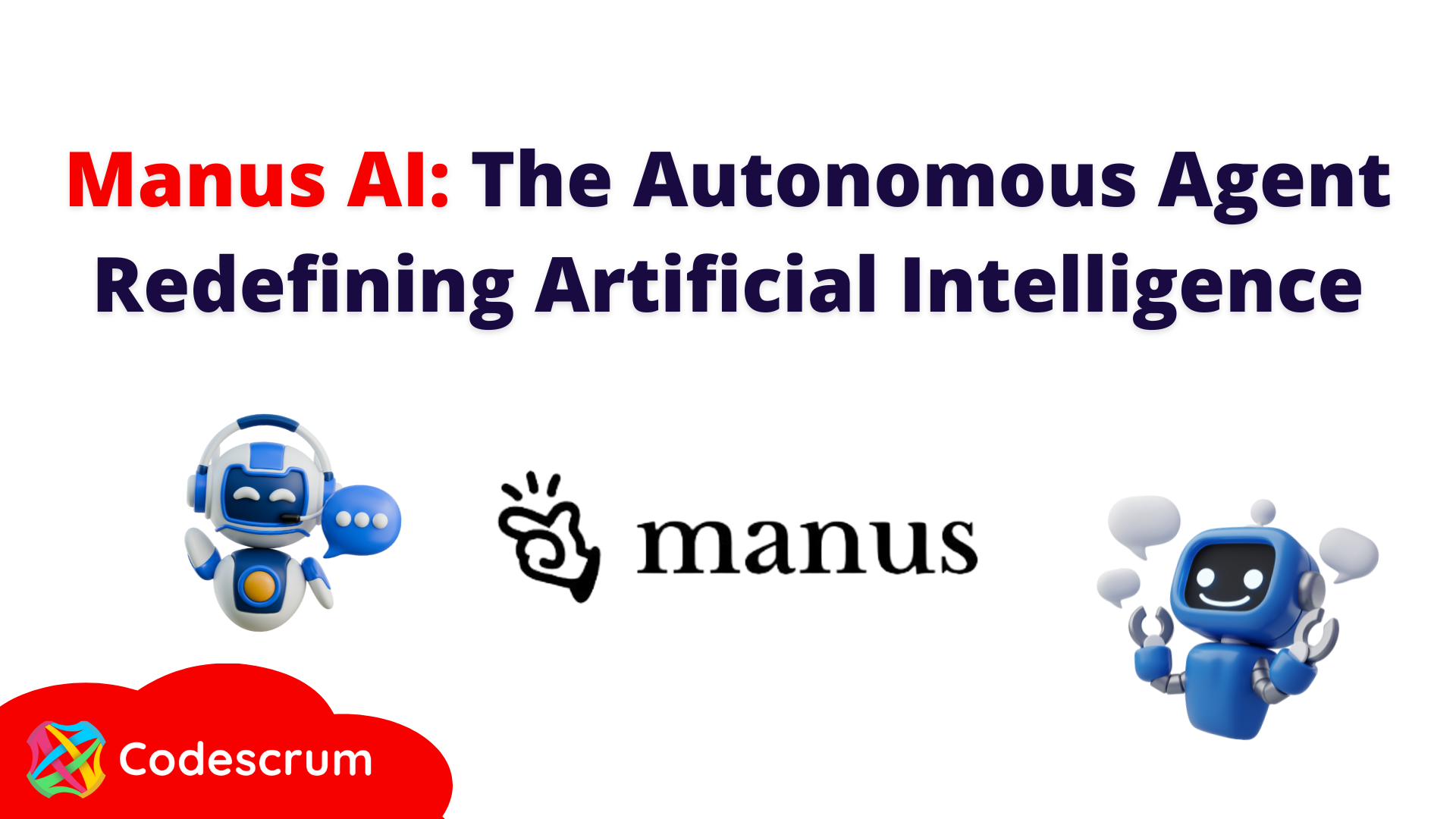
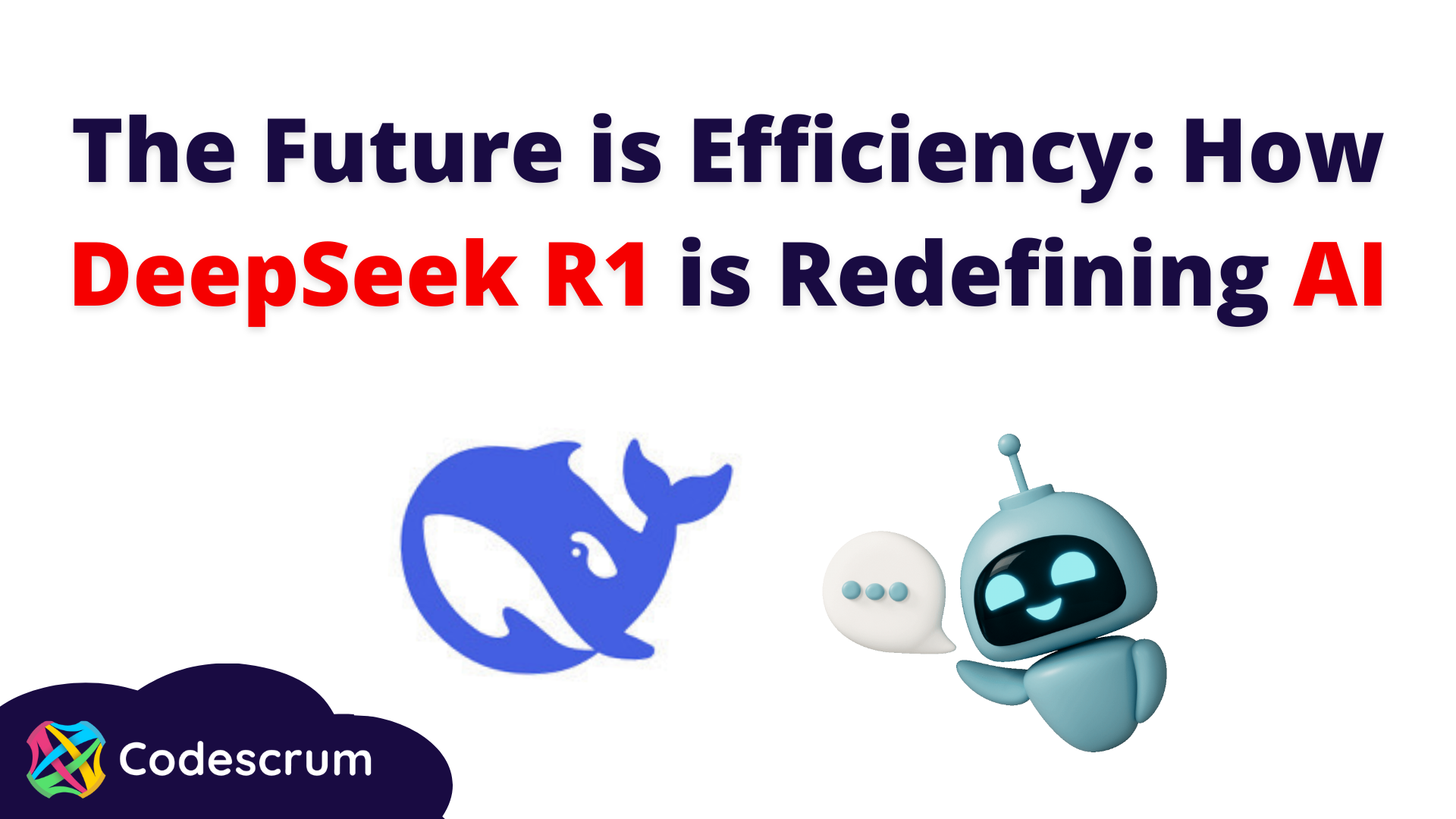
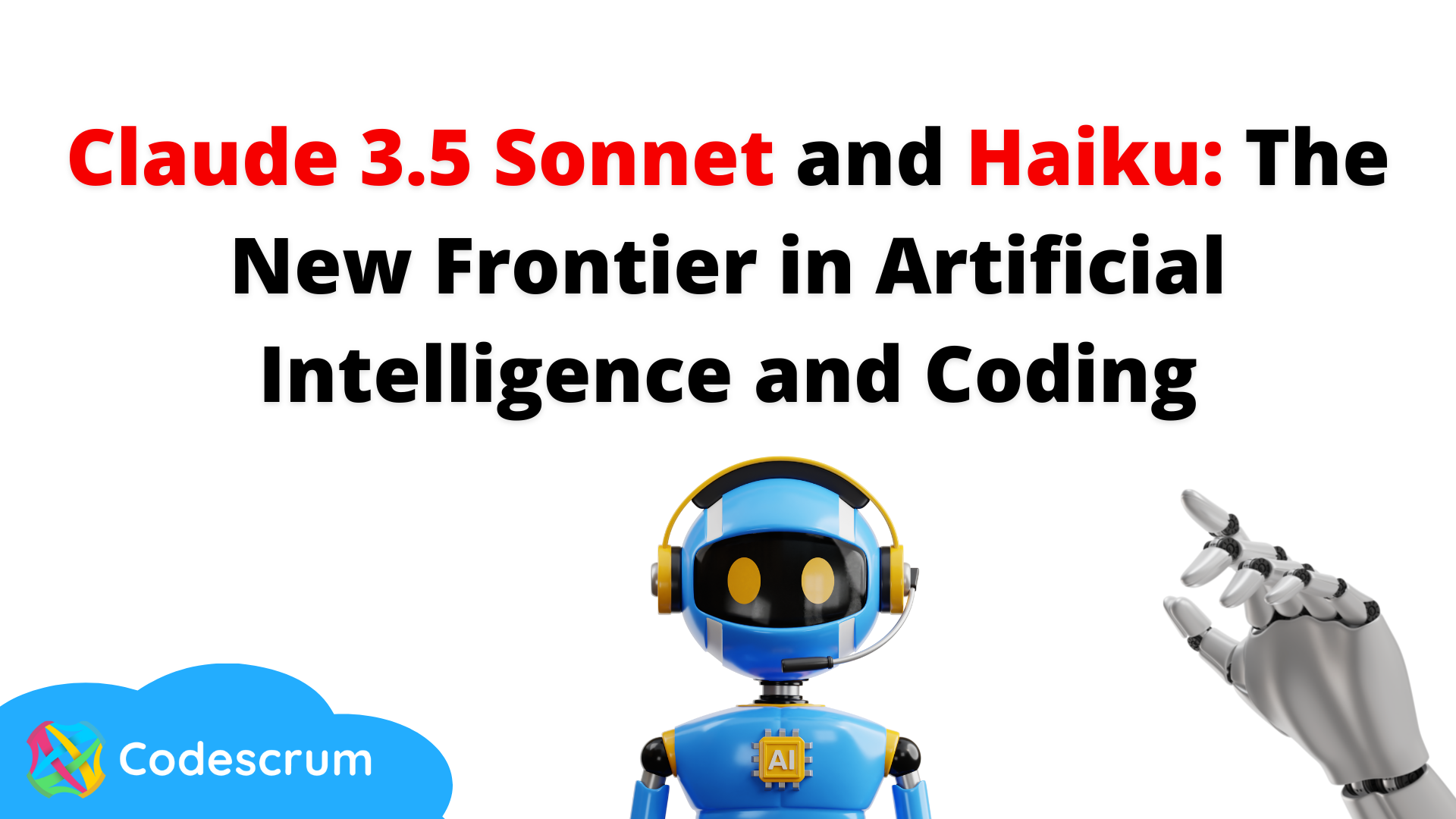

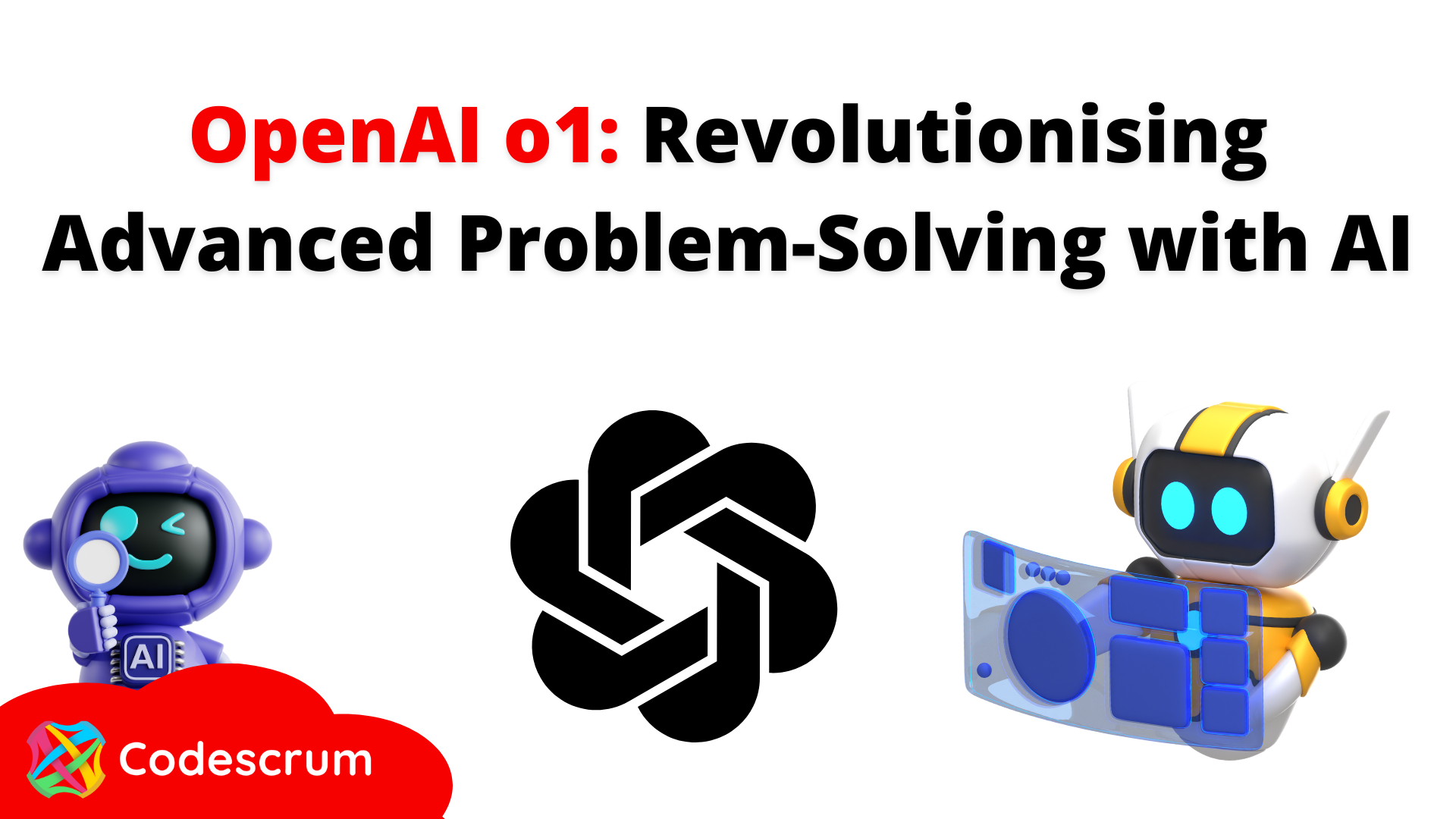
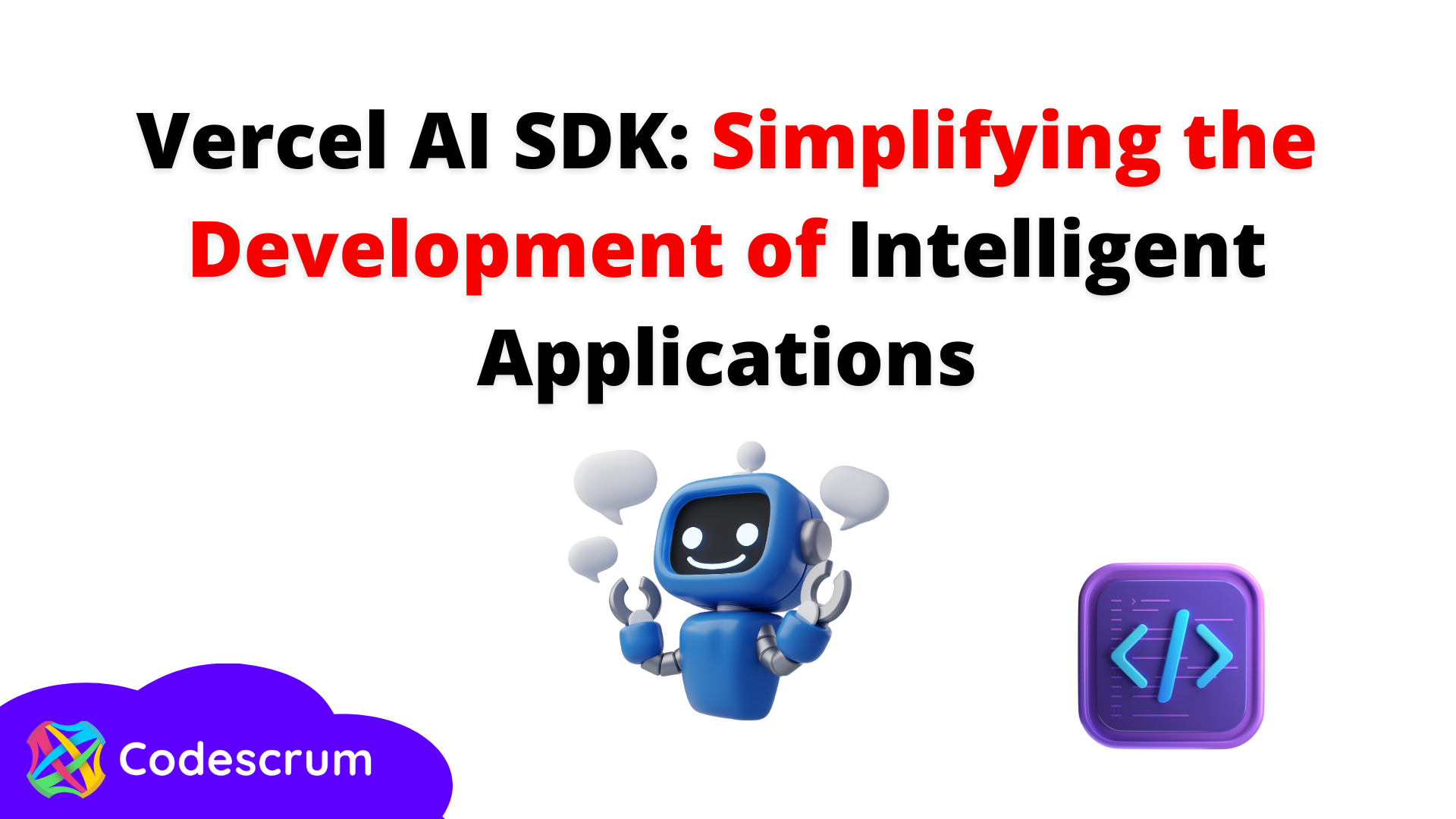
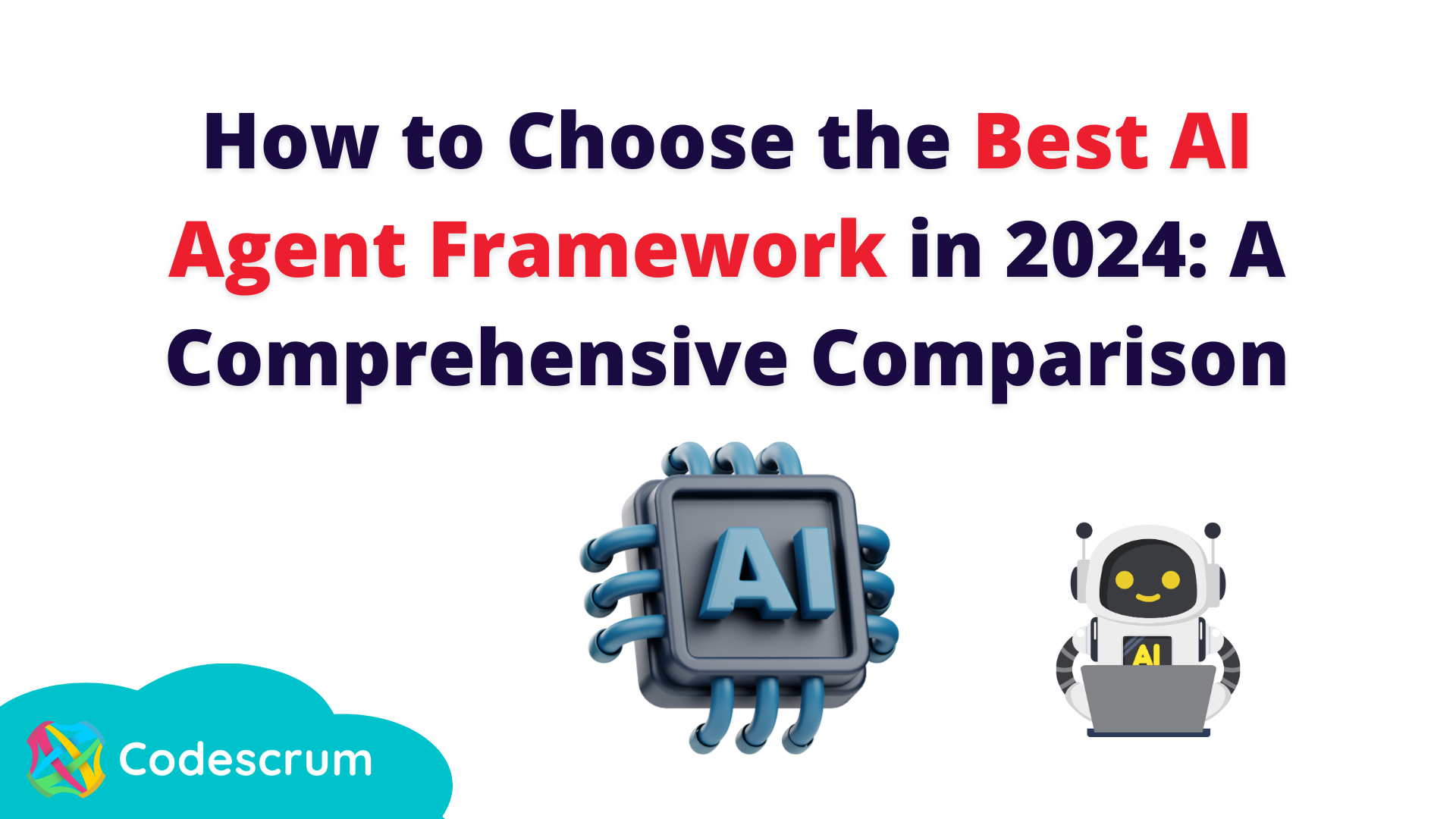
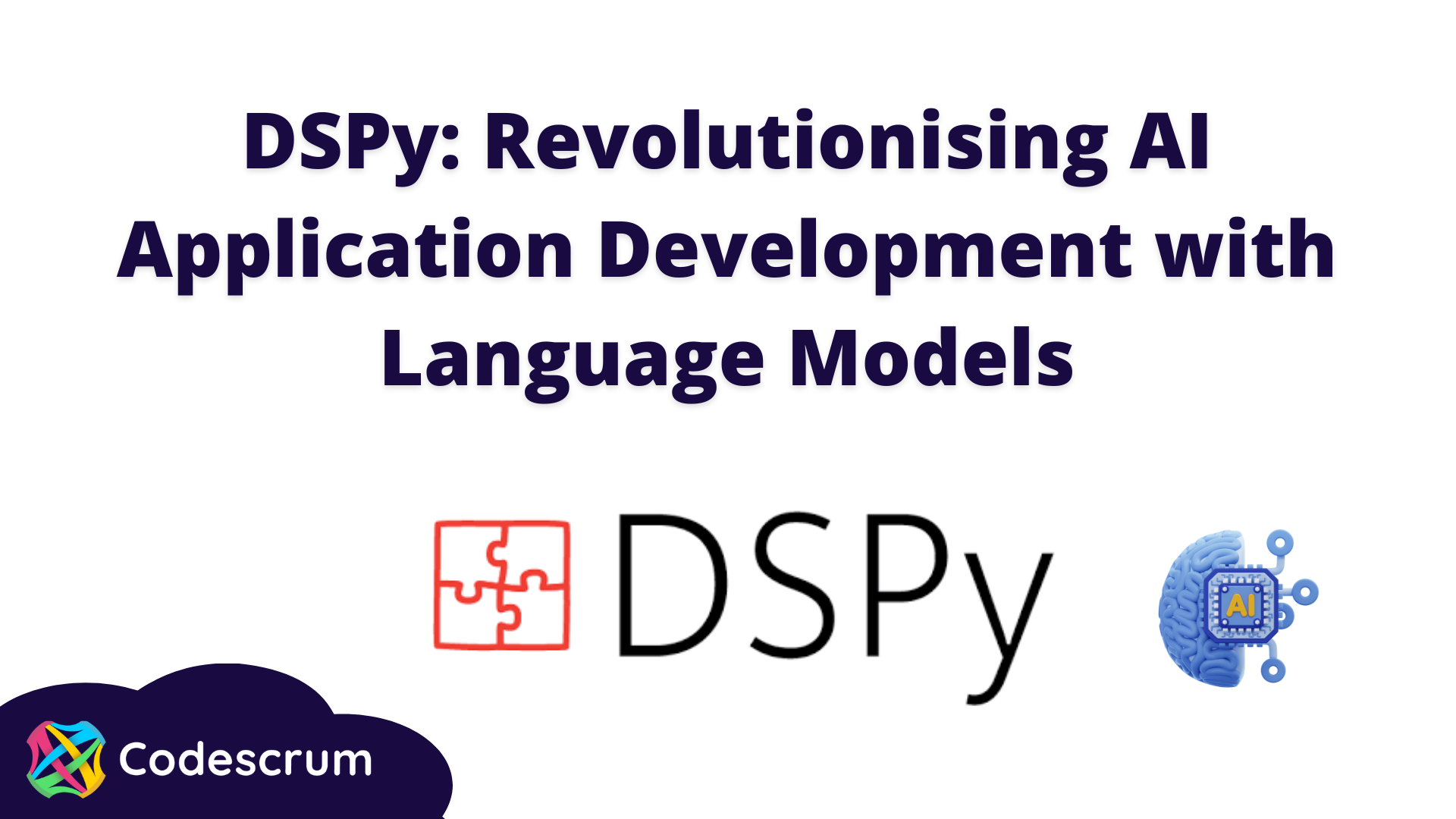
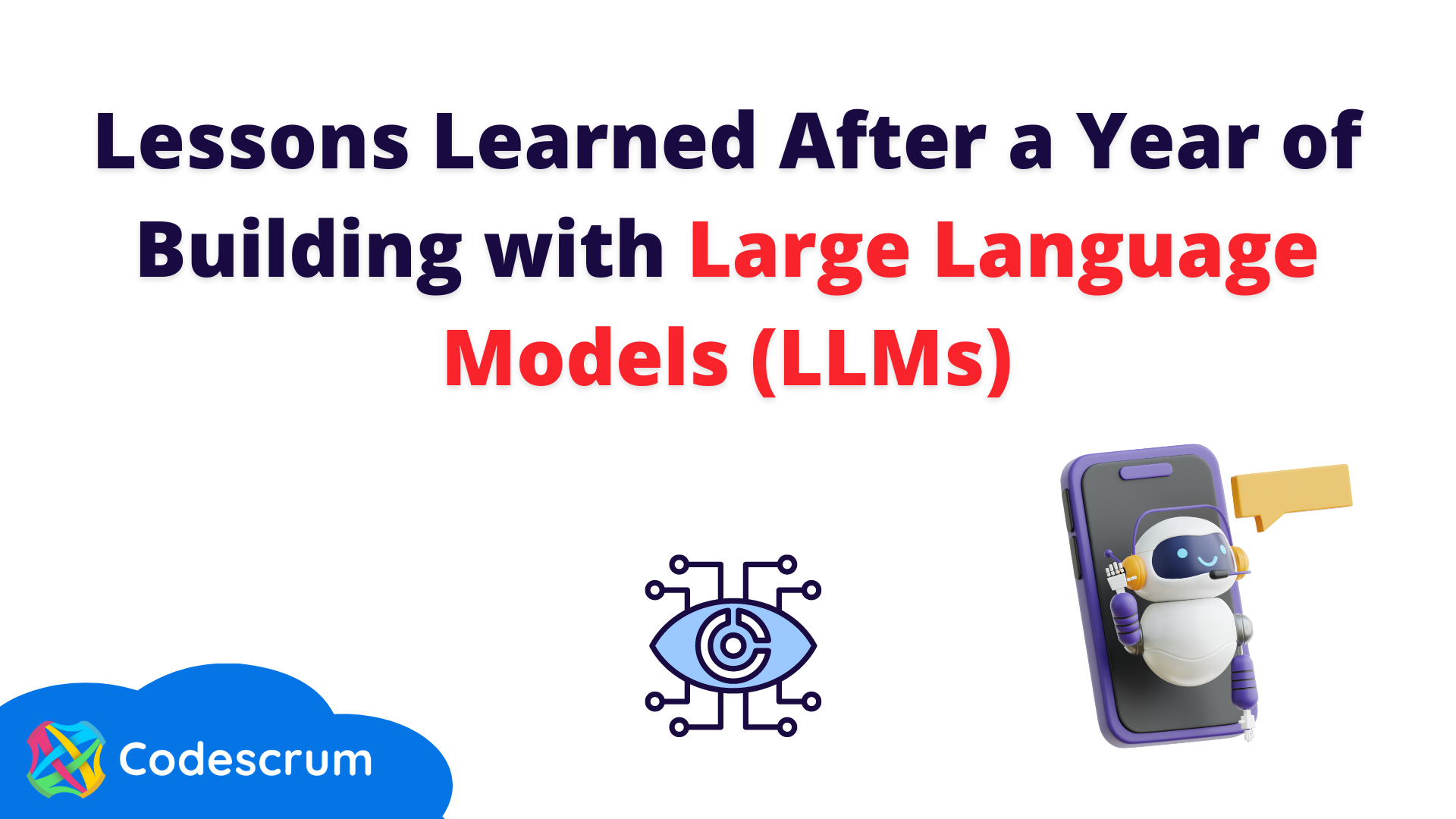
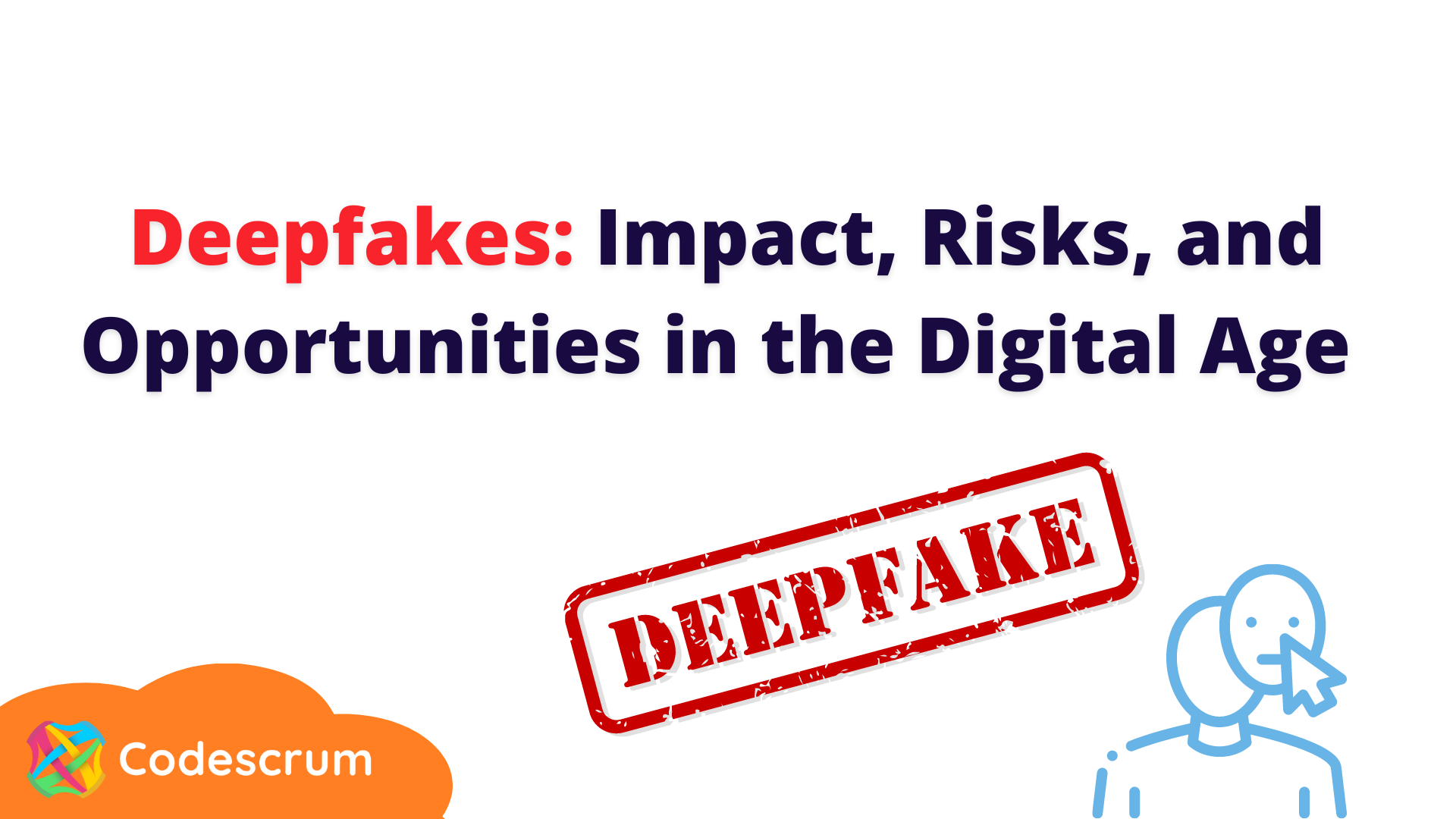
CODESCRUM

ABOUT US
EMPOWER YOUR BUSINESS THROUGH GREAT SOFTWARE SOLUTIONS
Codescrum is a team of talented people who enjoy building software that makes the unthinkable possible.
We want to work for a better world that we can help create by making software that delivers impact beyond expectations.
SERVICES
- WEB DEVELOPMENT
- MOBILE DEVELOPMENT
- AI CHAT BOT development
- consulting & advisory
CONTACT US
LONDON
ADDRESS
- KINGS PLACE, 90 YORK WAY. LONDON N1 9AG
CLOSEST TUBE STATIONS
- KING'S CROSS STATION
Ⓒ CODESCRUM LTD 2011 - PRESENT, ALL RIGHTS RESERVED


